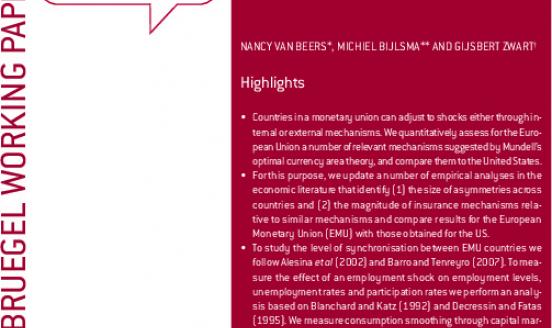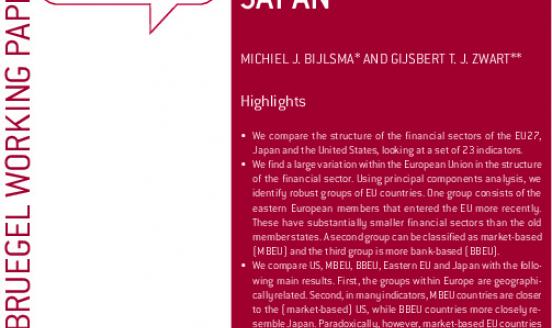Dutch elections – anti-Europe lost, but did pro-Europe win?
The Dutch elections have ended in a race between the liberal party (VVD) and the social-democratic party (PvdA). The preliminary results indicate that VVD has 41 seats (up from 31) whereas PvdA has 39 seats (up from 30) out of a total of 150 seats. Especially the latter party has won while endorsing a pro-European agenda. The division of seats is such that PvdA and VVD are practically forced to enter into a coalition.
Many observers have concluded that the anti-European strategy of the right-wing populists (PVV) and the left-wing socialists (SP) has backfired and that pro-Europe has won. This observation, however, is too optimistic for two reasons. First, the main issue in the elections has turned out to be how to address the economic crisis. The perceived differences between the two parties lie in who they try to spare from budget cuts (e.g. low income versus entrepreneurs) where they want to invest (e.g. environment versus more roads) and what role they see for the government (e.g. more government and less market versus less government and more market). As left wing voters rallied behind the PvdA out of fear for four years of right-wing liberal government, in response right-wing voters rallied behind VVD out of fear for a four-year left-wing reign. So the vote can be interpreted as an almost equal split among the Dutch population on these issues instead of an endorsement of Europe.
Second, although the liberals have stated several times that Europe is important to them, they also claim an important contribution to Europe is to say no to Brussels. During elections, the liberals have claimed they will send no more money to Greece. In addition, they don’t want Brussels to have more power. At the same time, there is a big gap between the liberals and the social democrats on their ideas about the future of Europe. While the social democrats reject an austerity-only Europe, the liberals envisage a small Europe with strict budget rules. In the end, while Dutch voters may have accepted that Europe and the euro are in their interest, scepticism among Dutch voters on Europe remains strong. A new Dutch government will not be anti-Europe. But do not mistake the Dutch vote to be a pro-European one.

